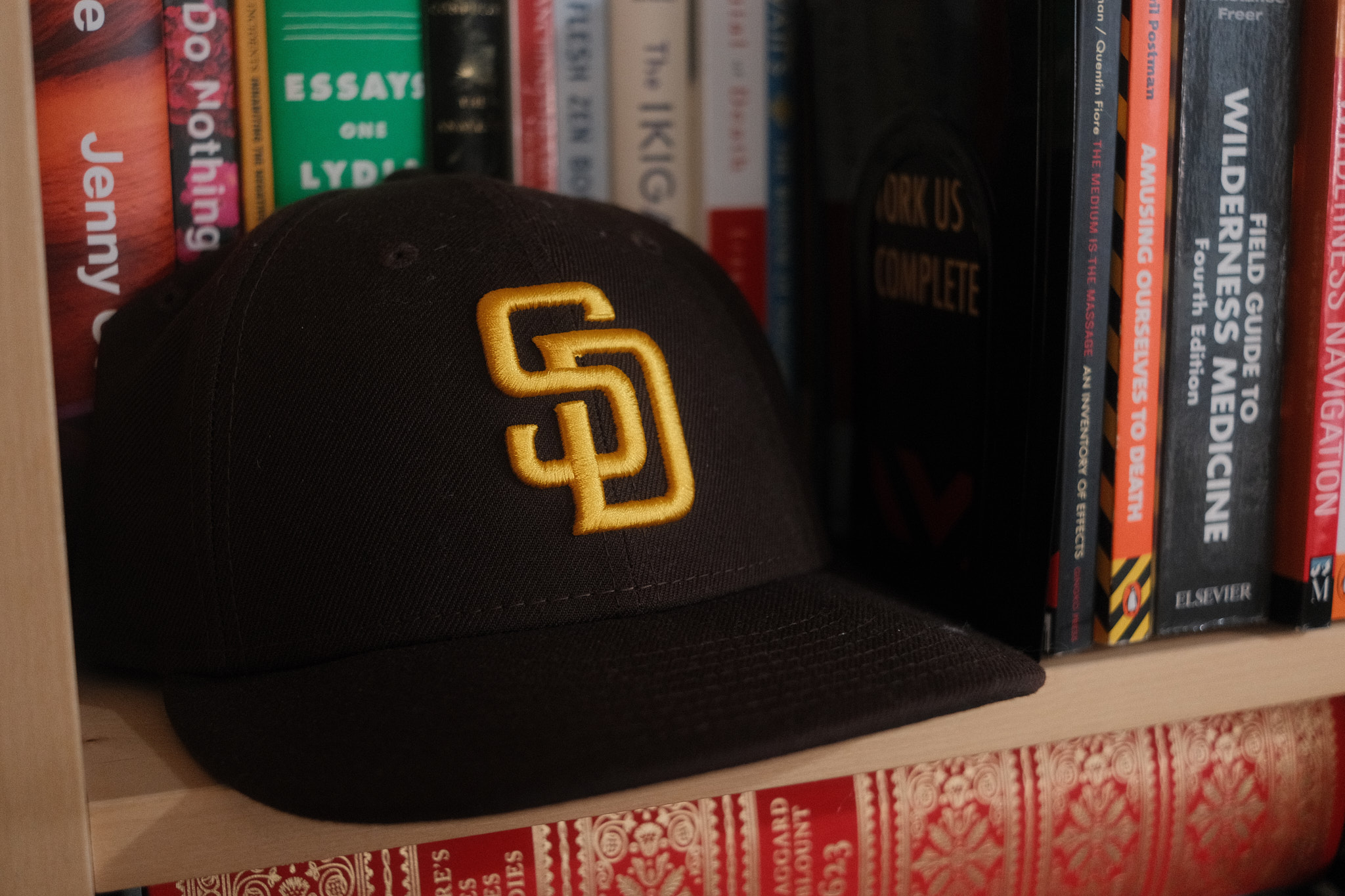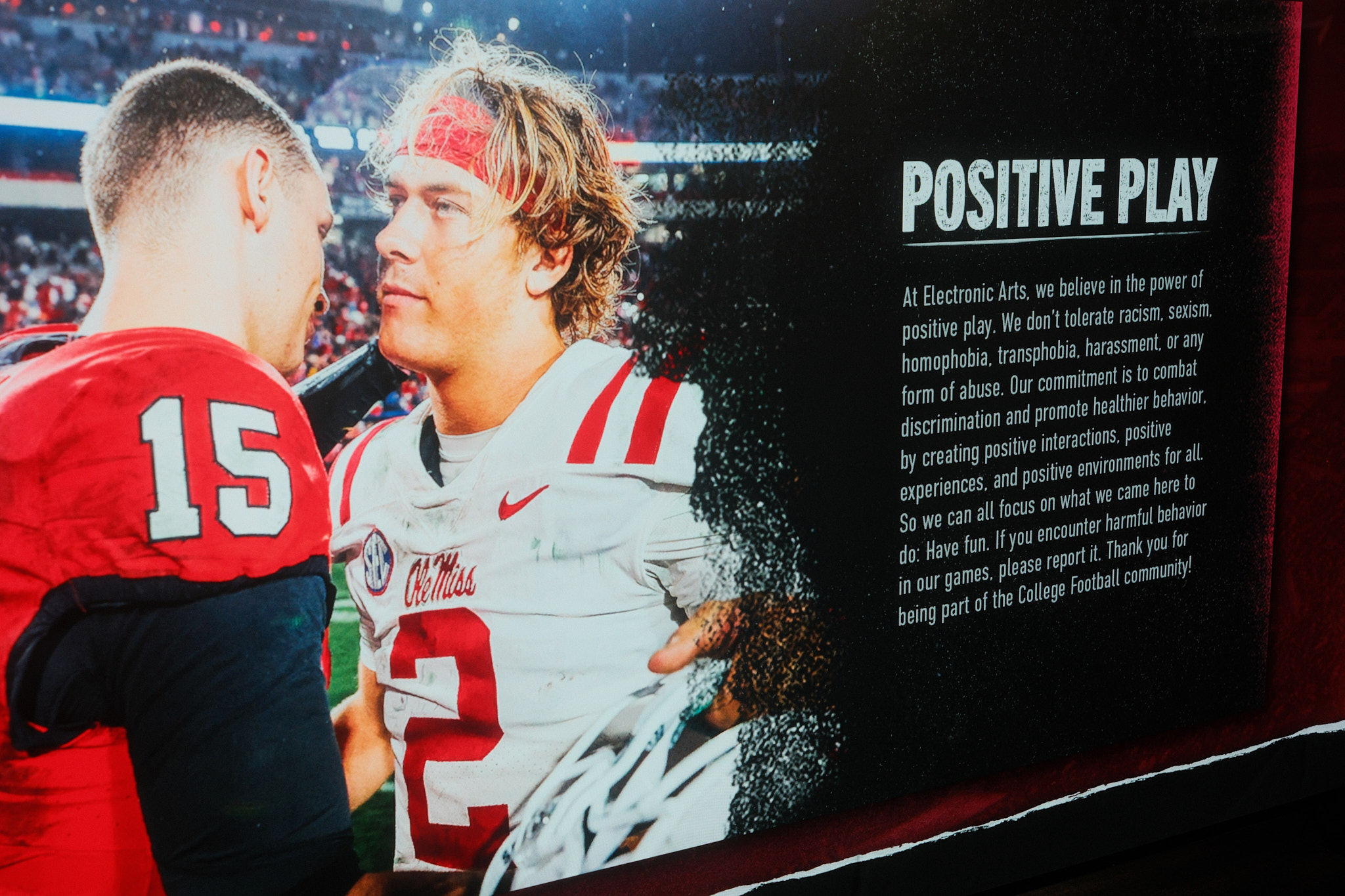
Greatness
- Journal
Shohei Ohtani is the best player in baseball right now, and he could end up being the best player of all time, the GOAT of GOAT’s. To be the best at something, you have to sacrifice so much, and Ohtani is no different. I was so fascinated by Ken Rosenthal’s article today in The Athletic about Ohtani and the relationships around him (paywall).
Joe Maddon, Ohtani’s manager with the Angels from 2020 to June 2022, asked:
“Was he that married to baseball?”
The answer, those in Ohtani’s orbit say, was yes. Experts say such single-mindedness is not uncommon among Japanese athletes. But while many players who moved from Japan to the majors showed intense focus, Ohtani’s single-mindedness as both a pitcher and hitter is a level above.
Even though the article was focused more on the relationships around Ohtani, particularly Ippei Mizuhara, his interpreter that pilfered almost $17 million from Ohtani to satisfy his gambling debts, I was most interested in Ohtani’s intense focus to simply be the best, to be great. “One former Angels employee,” the article continues,
described Ohtani’s work-life balance as “99 to 1” in favor of work. He was so regimented in his daily preparation as a pitcher and hitter, the employee said, “it was not in his mind space to enjoy the moment.” Ohtani would take an iPad home to watch the next day’s starting pitcher. He even monitored his sleep — Sports Illustrated reported Ohtani strives for 10 hours a night, plus a two-hour nap before a game — through a wearable device.
Ten hours of sleep plus a two hour nap before the game. Half his day is spent sleeping, the other half is spent working on and becoming the absolute best baseball player he can be.
I’ve latched onto this article today because I am tired of consistently being disappointed with myself whenever I don’t live up to whatever lofty standards I want to meet, and I know I won’t ever be great at something like Ohtani is great at baseball, nor do I actually want to be great like him at any one thing, but I am tired of any and all excuses I come up with for not doing something I want to do. I want to do a lot of things, and I would love to be great at them, but at the very least, I want to respect myself and the things I want to do, and I don’t think I am. I feel like I’m consistently disrespecting myself and the things I want to accomplish, and I feel like I’ve lost my focus. The coronavirus obviously did not help, but if I’m being truthful to myself, I feel like I had lost it years before that.
One way I’ve tried to motivate myself is by reminding myself of what I have done and what I have accomplished, but instead of having that energize me, it drains me. I’ve read books and tried productivity systems and I’ve tried building habits and so many other things, and yet… I’m still here, frustrated and angry and depressed and a million other things. Again, I’m not comparing myself to Ohtani because he’s such a unicorn, but what I am doing is looking at his motivation to be great to my own lack of motivation to even read a book, let alone writing one.
I’m frustrated because I used to have this insane level of motivation to push myself to become something greater than my own imagination could conjure up, and it’s just gone now. Where did it go? Fuck, it’s frustrating. Where did it go? I don’t know, and I have no idea where to even begin to find it again.

